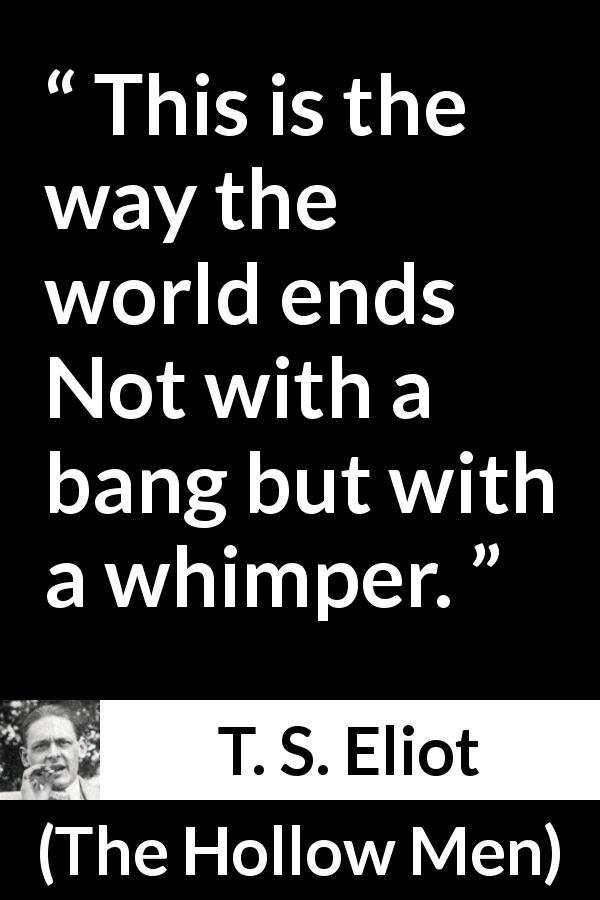All good things and all bad things must eventually come to an end. For the Mets it is the dubious history of the bizarre and abbreviated 2020 season. They went into this weekend with the slimmest of hopes that required other teams losing while they won. Control of the outcome of games in which they were not participating was not possible, but they did indeed have the ability to do something in their weekend series in Washington. Losing it was not the plan, but as happens so often to the Mets, it was the games they could control in which they looked like a near last place team.
Had they at least one the first game then Jacob deGrom's quest for a third straight Cy Young Award would have been possible. For deGrom, a short stay in which he gave up a measly three runs is the equivalent of another mere mortal messing the bed, but it brought his season-long ERA up to a 2.38 ERA. In any other season that might have been good enough for the seldom winning deGrom, but he's likely going to be overlooked in favor of others with better bottom line numbers over this 60-game endeavor.
In a way, everyone is heaving something of a sigh of relief as the end of this campaign is the denouement of the long and sad Wilpon tale (unless, of course, something even more sketchy about Cohen's past evolves between now and the November vote). The Wilpons turned the club from a contender into a cartoon and nothing would be more appropriate for the end of this reign than the way they collapsed when they needed it most. At least if they'd swept the Nationals then the other three clubs standing in their way to the post-season would and could have done whatever they could to advance. The Mets as a team would hold their heads up proudly to say we did what we had to do. They didn't.
So if real baseball was indeed strange with no one in the stands, artificially pumped fan noise and the hardly lifelike cardboard cutouts taking the place of gate receipts, the post season promises to be even more surreal. With no teeming stands, likely little in the way of sponsor participation, and the artificially manipulated expanded wildcards, it doesn't really matter who wins or who loses. The entire 2020 season will go down in the books with all the relevancy of an extended Spring Training.
 |
| Add caption |
Personally, I'm in the camp that it's better to end on a whimper and let the Wilpons skulk away in humiliation and embarrassment. How weird would it have been had the Mets finally made the post-season in the Wilpons' final season in control. They would be able to hold their heads up high and create a fallacious legacy that they were indeed knowledgeable and the success proved them right.
Ummm...no.
The history books will classify the owners of the Mets as meddlesome, disinterested in paying for the best available talents and way too patient with what wasn't working. The end result is a legacy of losing on the world's biggest sports stage. From 2003 until 2020 the numbers don't lie. The Wilpons hold a losing record for that 17 year duration. That actually takes some talent to do. It's hard to craft a perennial loser but they managed to show they were fully capable.
Good riddance!



4 comments:
Your "Ummm...no" summed it up quite nicely.
One of the narrattives being spun in the papers today - "What would have happened if there was no Madoff" - But they don't mention the mistakes that happened before Madoff. Like hiring Art Howe. Demanding desperate trade line deals in 2002 (trading Jay Payton and a young Jason Bay), and 2004 (trading Scott Kazmir for Viktor Zambrano); Making Pedro pitch hurt; The Willie Randolph firing disaster.
You wonder what other disasters the Madoff mess may have actually saved us from.
Many disasters from the Wilpons.
Mademoiselle, please sell, farewell, be well.
OK, the Wilpons are not mademoiselles, but they ran the team like Marie Antoinette.
Amen, Reese. My soul feels 100 lbs lighter knowing the Wilpons won't be around anymore
My soul won't lose weight until a vote in November makes the end of the nightmare official.
Post a Comment